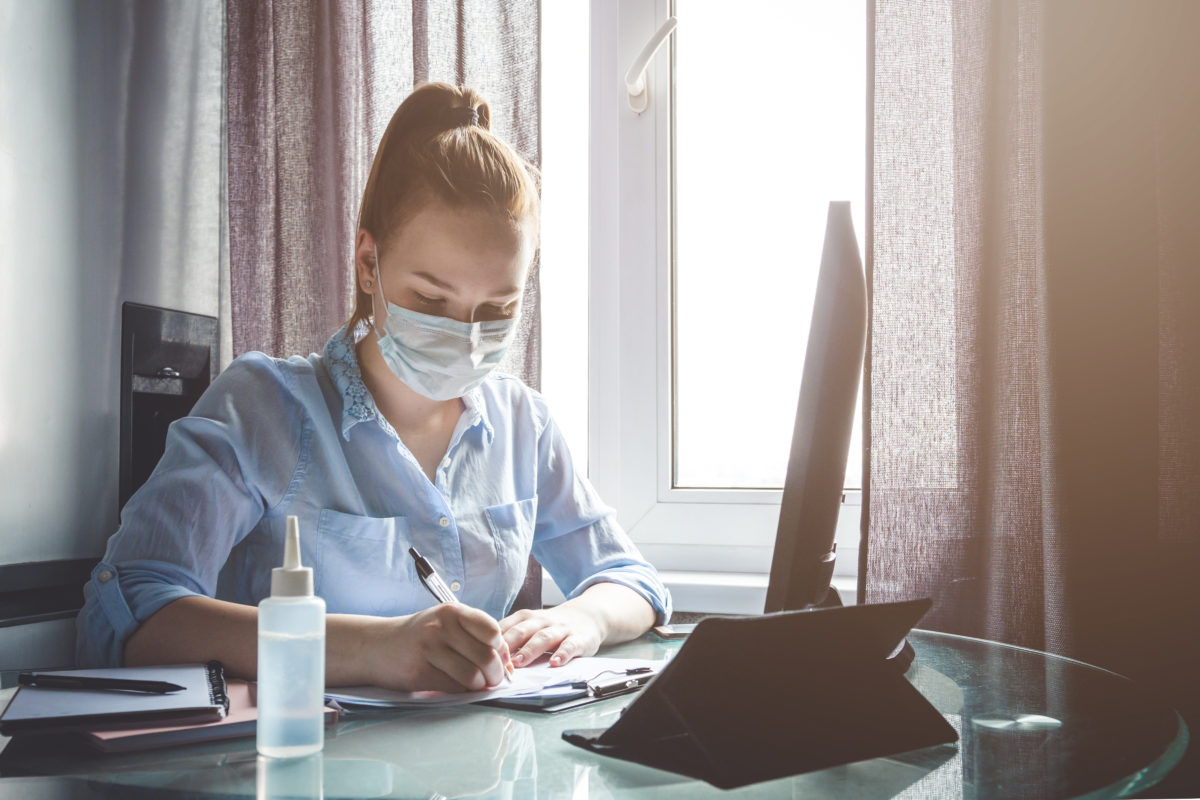Professor Jon Hickford, president of the NZIAHS, has advised members the Institute is acutely aware of the impact COVID-19 is having on the nation – its health, social fabric and economic wellbeing – and on the science community. The future is going to challenge us all, he says.
The Institute is encouraging members to keep themselves safe in the workplace and at home and to take comfort from the fact their scientist colleagues will play a crucial role in getting us through this difficult time.
“I ask that – to the best of your abilities – you support our agricultural and horticultural sectors because they will keep the New Zealand economy ticking over when many other industries are stalling or failing altogether.”
The newslettter draws attention to New Zealand’s coronavirus alert increasing to level 3 level 4 at the end of today to fight the spread of the coronavirus pandemic. Everyone then (from 11.59pm) is required to stay home except essential services.
These include farmers and growers because they will be providing supermarkets with food and generating export receipts for a severely bruised economy.
Some scientists are considered essential, too. According to the official guidance the list includes:
Primary industries
– Including food and beverage production and processing.
– Packaging, production and processing of food and beverage products.
– Food safety and verification, inspection or associated laboratory services, food safety and biosecurity functions.
Veterinary and animal health/welfare services
Science
– Any entity (including research organisations) involved in COVID-19 response, hazard monitoring, resilience, diagnostics for essential services.
– ESR, GNS, GeoNet, NIWA, MetService.
AgResearch advised today it was working quickly to meet the expectations of moving to the Level 4 response to Covid-19.
In particular, we are implementing work from home procedures across our organisation and working with our staff to embed the required news ways of working.
Given the nature of our work, there are some critical internal exceptions that will require some of our activities to be maintained on campus and also on our research farms.
We are currently working through those proposed exceptions to ensure that we are fully compliant with the appropriate Ministry of Health advice and to ensure that we limit the potential spread of Covid-19 and therefore any future risk to our staff and the broader community. This will continue to be our primary lens of evaluation.
We are also working with relevant Government Agencies to confirm the areas of AgResearch capability that are deemed essential services, or contributing too, and how these are best to be maintained as we collectively fight the spread of Covid-19.
But in some areas the CRI’s capability to deliver its science programmes within the original timeframes would be affected.
As much as possible in the circumstances AgResearch will work to mitigate the impact. said the statement in the names of Tony Hickmott, acting chief executive, and Stuart Hall, Partnerships and Programmes Director.
The Ministry for Primary Industries (MPI) has set up a register for safe practice in the sector as New Zealand moves to National Alert Level 4 .
“Alongside [Agriculture and Food Safety] Minister [Damien] O’Connor, I met with more than 90 sector stakeholders by conference call yesterday,’’ says director-general Ray Smith.
“It was an extremely constructive meeting and I know that everyone who took part wants to do their best for New Zealand as we meet the COVID-19 challenge.”
Mr Smith says the ministry requires safety assurances from operators that their processes protect workers and the public by limiting interactions between staff and reducing the potential spread of COVID-19.












